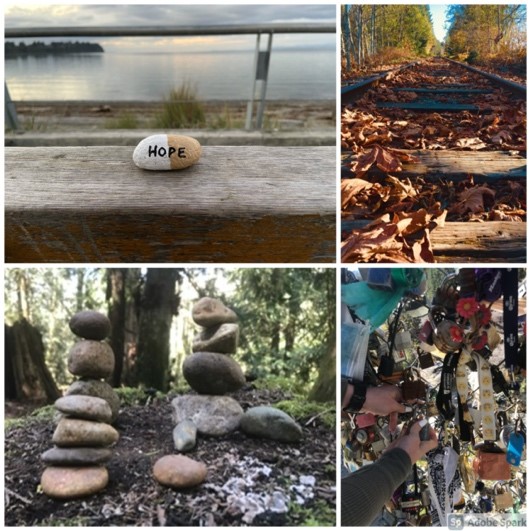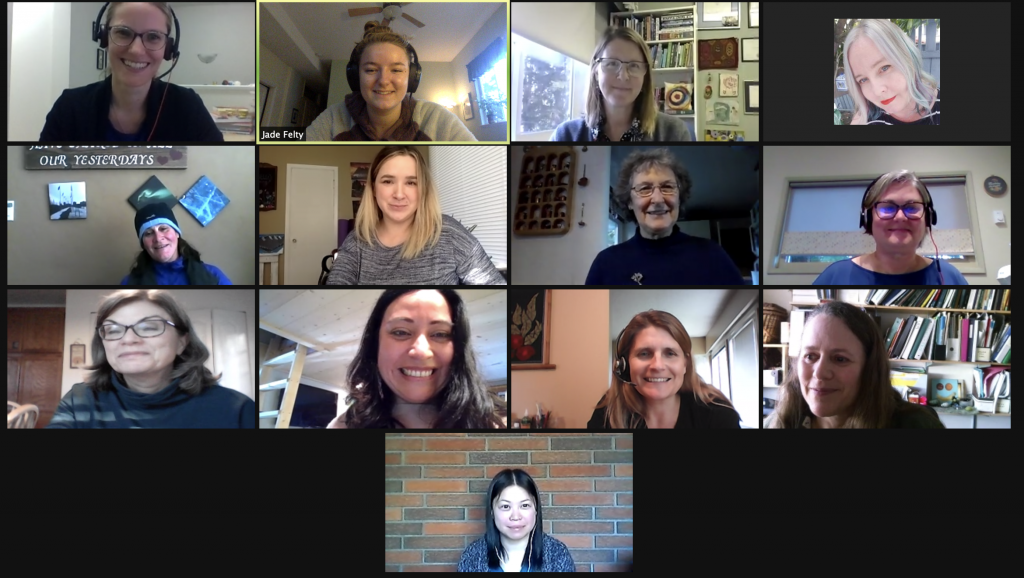Written by Catherine Chinn
The idea of ‘play’ has such a broad meaning and can involve many different experiences. In this post, I will focus on the following question:
How might broadening the vocabulary around play invite different modes of being in an infant/toddler room?
The BC Early Learning Framework [ELF] (Government of BC, 2019) describes that “play can be individual, collective, spontaneous, planned, experimental, purposeful, unpredictable, or dynamic” (p. 24). Play is vital to children’s well-being, learning, and growing. It is helping children to make sense of their world.
The ELF emphasizes the importance of play and opportunities for children to “experience the world through seeing, feeling, touching, listening, and by engaging with people, materials, places, species and ideas” (p. 24). Educators help create the spaces for play by providing materials and giving opportunities for the children to have meaningful experiences. Something that really resonated with me during the reading was Adrienne Argent’s quote, because it helped me realize that we truly are in an ongoing process of transformation and becoming. Our lived experiences entangle us in this process of becoming.
“To say that we play together is an unjust oversimplification: Rather we are in an ongoing process of becoming… Our curriculum is lived out daily; it exists with[in] all of us. Clay, paper, materials, children, educators, objects, music… are all powerful forces and they bring forth movement, history, and multiple layers of meaning” (Argent, 2014, p. 848, as cited in Early Learning Framework, Government of BC, 2019, p. 25).
As I am broadening the definition of play, I am drawn to the concept of a rhizome introduced in the ELF. A rhizome is a plant that sends underground shoots off in many directions with no predictable pattern. Considering play as rhizomatic, I begin to imagine that play and learning have no predictable pattern and can occur is so many different ways and environments. The ELF discusses that “thinking of learning as rhizomatic leads to understanding that learning cannot be predetermined or have a prescribed outcome but is always producing something new” (p. 25).
References
Government of British Columbia. (2019). British Columbia early learning framework (2nd ed.). Victoria: Ministry of Education, Ministry of Health, Ministry of Children and Family Development, & British Columbia Early Learning Advisory Group. https://www2.gov.bc.ca/gov/content/education-training/early-learning/teach/early-learning-framework


